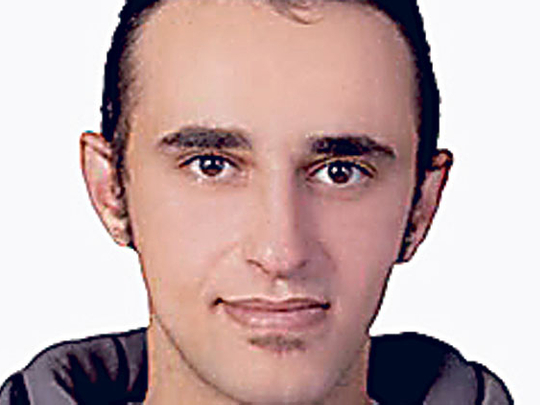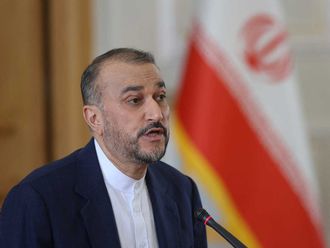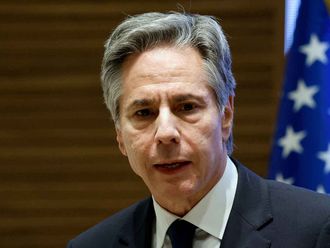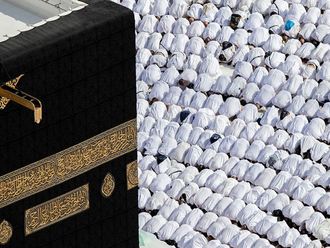
Cairo: Egyptian police beat a young businessman to death on an Alexandria street after he posted a video on the internet of officers sharing the spoils from a drug bust among themselves, his family has said.
Police have denied the beating took place despite photos showing the man's face had been shattered.
The beating earlier this week has become a rallying cry for Egypt's political opposition.
Activists say it is an example of rampant abuses made possible by a three-decade-old emergency law they describe as a central tool of repression by President Hosni Mubarak's regime.
Images of 28-year-old Khaled Saeed's broken body were posted on social networking websites, where activists dubbed him the "martyr of the emergency law."
Amnesty International and other rights groups on Friday demanded an independent investigation.
A police official said the cause of Khaled Saeed's death on June 6 is unknown and is being investigated. The official spoke on condition of anonymity because he was not authorised to speak to the media.
Amnesty said police initially told Saeed's family he swallowed a bag of narcotics when police officers approached him and that he died of an overdose. Results from an autopsy are due Saturday.
"This was revenge" for exposing the policemen in an internet video, said the man's brother, Ahmad Saeed, in a telephone interview from Alexandria.
He and other relatives as well as the family's lawyer say witnesses told them two plainclothes officers confronted Saeed in an internet cafe on Sunday and began arguing with him.
The officers slammed his head against a table, dragged him outside, smashed his head against a metal door and continued to beat him even after he was dead, his brother said.
An uncle, Ali Al Guindi, said a police van later dumped Saeed's body outside his house.
Police torture is routine in Egypt, human rights groups say, while the government denies it is systematic. Reformers say the emergency law, in place since 1981, is to blame. Cases of police brutality rarely result in punishment.
The man's brother, Ahmed, said he saw his body a day after his death. His jaw was twisted, his rib cage mangled and his skull cracked, he said. Similar images were posted on bloggers' websites and he confirmed their authenticity.
The "shocking pictures ... are a rare, firsthand glimpse of the routine use of brutal force by the Egyptian security forces, who expect to operate in a climate of impunity, with no questions asked," Amnesty International said in a statement.
The group said Egypt must "rein in" their security forces and called for a robust and immediate investigation.
Aida Saif Al Dawla, the head of an Egyptian human rights group dealing with torture victims, said it is no longer enough to ask for an investigation.
"We live in a country where there is absolutely no law," she said. "We want the sacking and trial of the head of the police."
Mohammad Al Baradei, a leading government critic and Nobel Peace Prize winner, wrote on his Facebook and Twitter pages that "Khaled's life must not be lost in vain."












